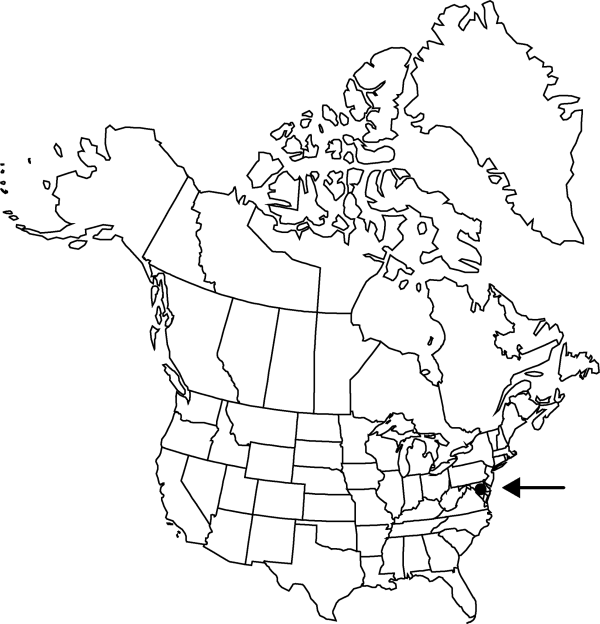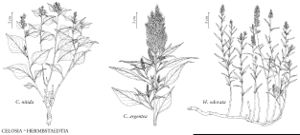Difference between revisions of "Hermbstaedtia odorata"
in W. H. Harvey et al., Fl. Cap. 5(1): 407. 1910.
Common names: Guineaflower
Basionym: Celosia odorata Burchell ex Moquin-Tandon in A. P. de Candolle and A. L. P. P. de Candolle, Prodr. 13(2): 244. 1849
FNA>Volume Importer |
FNA>Volume Importer |
||
| Line 11: | Line 11: | ||
|name=Celosia odorata | |name=Celosia odorata | ||
|authority=Burchell ex Moquin-Tandon | |authority=Burchell ex Moquin-Tandon | ||
| + | |rank=species | ||
|publication_title=in A. P. de Candolle and A. L. P. P. de Candolle, Prodr. | |publication_title=in A. P. de Candolle and A. L. P. P. de Candolle, Prodr. | ||
|publication_place=13(2): 244. 1849 | |publication_place=13(2): 244. 1849 | ||
| Line 38: | Line 39: | ||
-->{{#Taxon: | -->{{#Taxon: | ||
name=Hermbstaedtia odorata | name=Hermbstaedtia odorata | ||
| − | |||
|authority=(Burchell ex Moquin-Tandon) T. Cooke in W. H. Harvey et al. | |authority=(Burchell ex Moquin-Tandon) T. Cooke in W. H. Harvey et al. | ||
|rank=species | |rank=species | ||
| Line 54: | Line 54: | ||
|publication year=1910 | |publication year=1910 | ||
|special status= | |special status= | ||
| − | |source xml=https://jpend@bitbucket.org/aafc-mbb/fna-data-curation.git/src/ | + | |source xml=https://jpend@bitbucket.org/aafc-mbb/fna-data-curation.git/src/f50eec43f223ca0e34566be0b046453a0960e173/coarse_grained_fna_xml/V4/V4_807.xml |
|genus=Hermbstaedtia | |genus=Hermbstaedtia | ||
|species=Hermbstaedtia odorata | |species=Hermbstaedtia odorata | ||
Revision as of 21:43, 16 December 2019
Stems branched distally, pubescent. Leaves scattered on stem; blade 1–2 cm × 1–1.5 mm. Inflorescences elongate spikes; bracts and bracteoles 2.5–5 mm, membranous. Flowers white or pinkish; tepals 3–5-veined at base, equal, 4–7 mm; stamens 5; ovary ovoid. Utricles enclosed by staminal tube, 3–4 mm. Seeds lenticular, ± circular in outline, 1 mm diam., glossy.
Phenology: Flowering summer.
Habitat: Manganese ore piles
Elevation: 10 m
Distribution

Md., South Africa.
Discussion
See C. F. Reed (1961) for evidently the only known occurrence of this species in the flora.
Selected References
None.
Lower Taxa
None.
